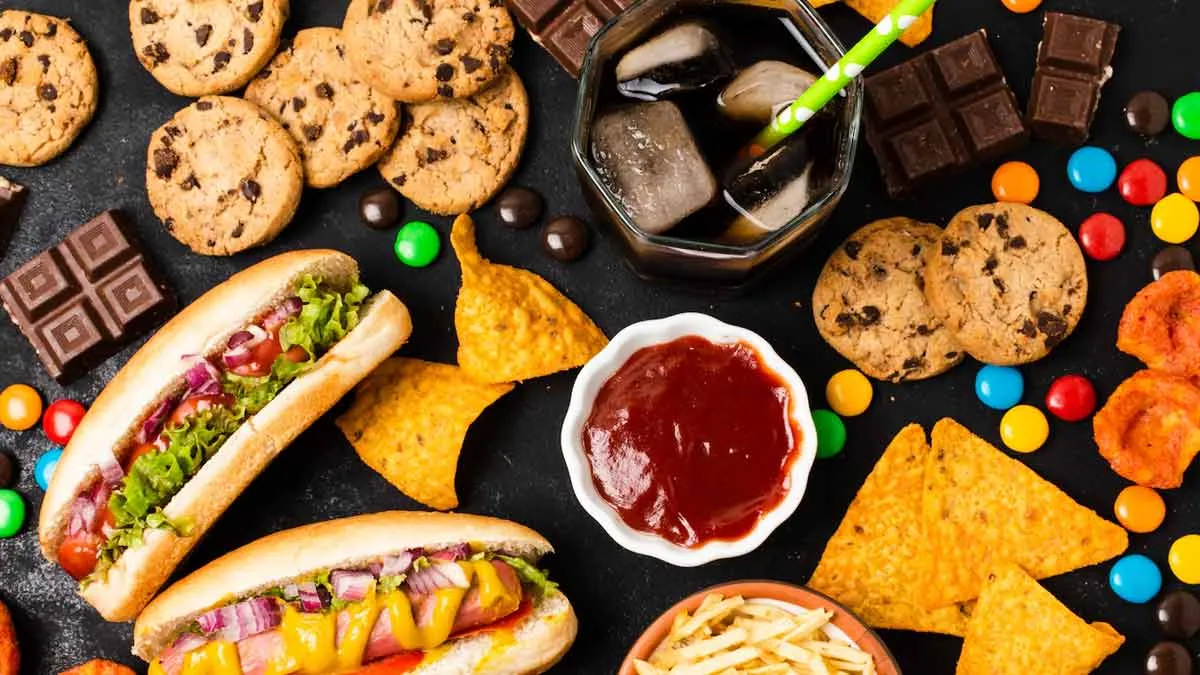
Why Gen Z Craves Junk Food: An Ayurvedic Perspective on Psychology and Digestion
In the midst of rising health awareness, a paradox has emerged: Gen Z, the digitally savvy and wellness-oriented generation, is hooked on junk food! But what drives this seemingly contradictory behaviour? Ayurveda, the ancient Indian system of medicine, offers a profound insight into the intricate web of factors influencing our food choices. Let's understand the Ayurvedic secrets behind Gen Z's snacking habits with our expert, Partap Chauhan, world-renowned Ayurvedacharya, Author, and Director of Jiva Ayurveda.
It’s not just taste buds that drive Gen Z towards chips, burgers, and fizzy drinks—it’s a deeper interplay of psychology and digestive health. Ayurveda, the science of life, explains this behaviour as a natural outcome of imbalance—both in the mind and the body.

The Mind-Body Loop Behind Cravings
According to Ayurveda, the mind is governed by three qualities—Sattva (clarity), Rajas (activity), and Tamas (inertia). Gen Z, living in an overstimulated digital world, is often trapped in Rajas and Tamas. Constant screen time, irregular routines, and emotional instability lead to anxiety, impulsivity, and poor self-regulation. This drives them to seek instant gratification—most easily available in the form of processed, hyper-palatable junk food.
Emotionally, food becomes a coping mechanism. Stress eating, late-night snacking, and bingeing while scrolling are not just habits—they’re signals of emotional hunger. Ayurveda calls this Prajnaparadha—the mistake of the intellect—where one knowingly indulges in unhealthy behaviour despite better judgment.
The Digestive Fire That Can’t Keep Up

Ayurveda places immense importance on Agni—the digestive fire. Junk food is heavy (Guru), oily (Snigdha), and difficult to digest (Aam utpatti karak). When consumed regularly, it weakens Agni, leading to toxin (Aam) formation, sluggish digestion, bloating, mood swings, and even skin breakouts. Over time, the weakened metabolism creates a vicious cycle where the body keeps demanding stimulation through spicy, salty, or fried food—further harming Agni.
Don't Miss; PCOS Explained: Common Symptoms, Effective Treatments, and More
Breaking the Pattern: Ayurvedic Wisdom for Gen Z
To correct this, Ayurveda recommends:
- Mindful eating: Eat only when hungry. Avoid distractions during meals.
- Herbal support: Triphala, jeera, and ginger teas can rekindle digestive fire.
- Sattvic diet: Fresh, seasonal, and simple meals help balance the mind and body.
- Dinacharya (daily routine): Regular sleep, self-massage, and pranayama restore balance.
Understanding junk food cravings through an Ayurvedic lens empowers Gen Z to break free from unhealthy patterns—not through guilt or fad diets, but by aligning with their body’s natural intelligence. Because true freedom begins when we nourish, not numb, ourselves.
Don't Miss; How is Your Daily Cup Of Chai Harming Your Health? Expert explains
If you liked this story, then please share it. To read more such stories, stay connected to HerZindagi.
Image Credits: Freepik
Herzindagi video